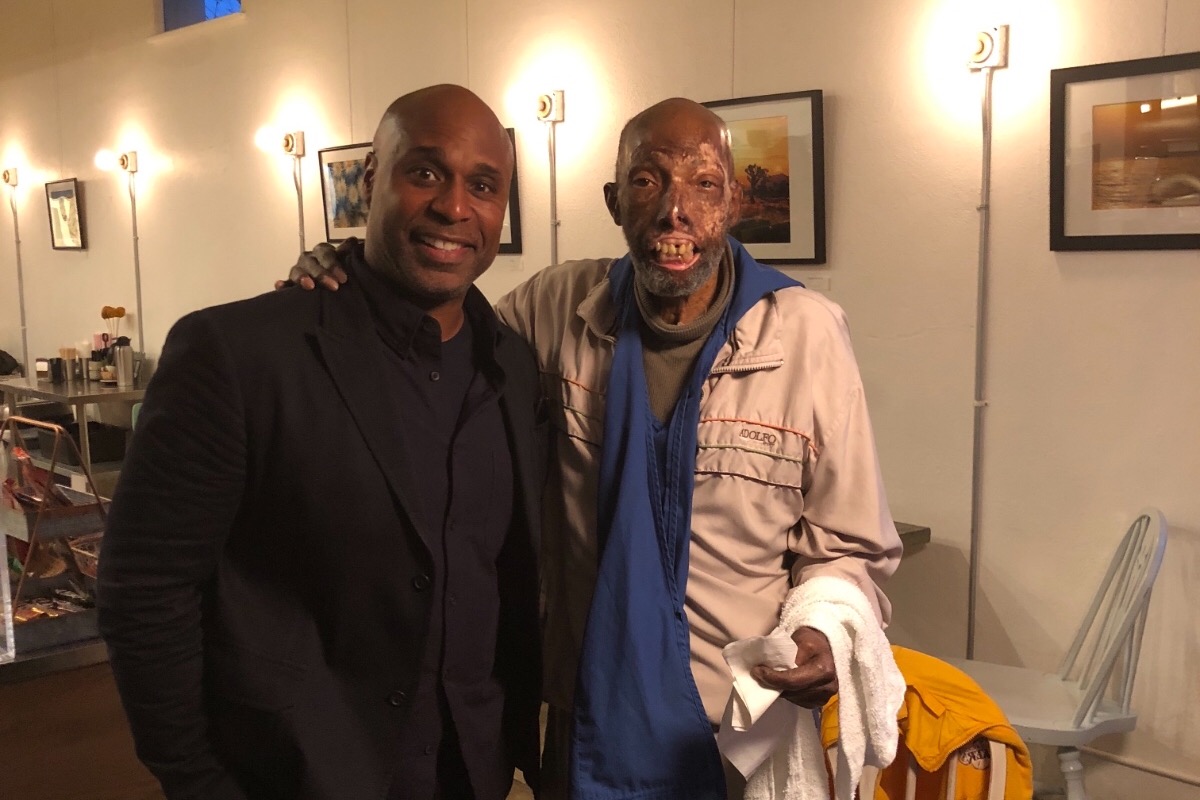
Our Mission
In August 2013, Robert Chelsea’s vehicle was struck by a drunk driver. The collision and ensuing explosion left Robert severely disfigured, with third-degree burns over 60 percent of his body and face. After years of tests and physical and psychological evaluations, and a longer than usual wait for a donor, Chelsea underwent a sixteen hour full face transplant at Brigham and Women’s Hospital this past July. At 68, Chelsea became the first black patient, and the oldest in the world, to receive a full face transplant. Costs for such a procedure are very high, even when insured. All funds raised are to cover expensive medical co-pays, caregivers, travel to and from Boston and day to day living expenses.
Robert’s Story
Robert Chelsea was driving home from church on the 605 in Los Angeles, CA when his car overheated. He pulled to the side of the freeway to await roadside assistance when the unthinkable happened. A drunk driver - with three previous DUI convictions - slammed into his disabled car with such force that it exploded on impact. It was only by the grace of God and the heroism a bystander that he survived the accident.
Ready to help?
Donate

Facial Transplants
A face transplant is a medical procedure to replace all or part of a person's face using tissue from a cadaver, usually to address severe trauma, burns, disease, or birth defects.
The world's first partial face transplant on a living human was carried out in France in 2005 and the world's first full face transplant was completed in Spain in 2010. Only 41 people in the world have undergone this procedure. The procedure consists of a series of operations requiring rotating teams of specialists. With issues of tissue type, age, sex, and skin color taken into consideration, the patient's face is removed and replaced (sometimes including the underlying fat, nerves, blood vessels, bones, and/or musculature). The surgery may last anywhere from 8 to 36 hours, followed by a prolonged hospital stay. After the procedure, a lifelong regimen of immunosuppressive drugs is necessary to prevent rejection by the patient's own immune system.
Press
BBC
Time Magazine | https://time.com/5709294/first-african-american-face-transplant/
ABC News 7 | Los Angeles man disfigured in car accident awaits life-changing face transplant
KTLA News | L.A. Man Who…ABC News 7 | Los Angeles man disfigured in car accident awaits life-changing face transplant
CNN: